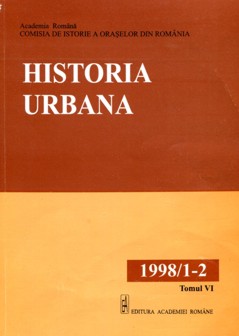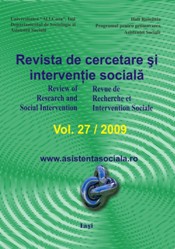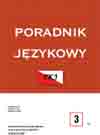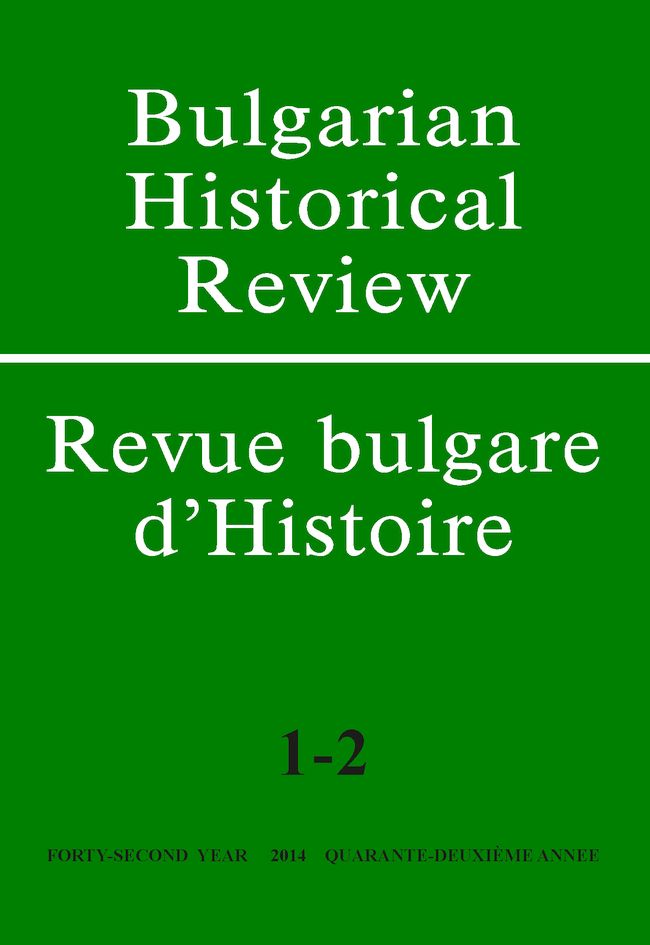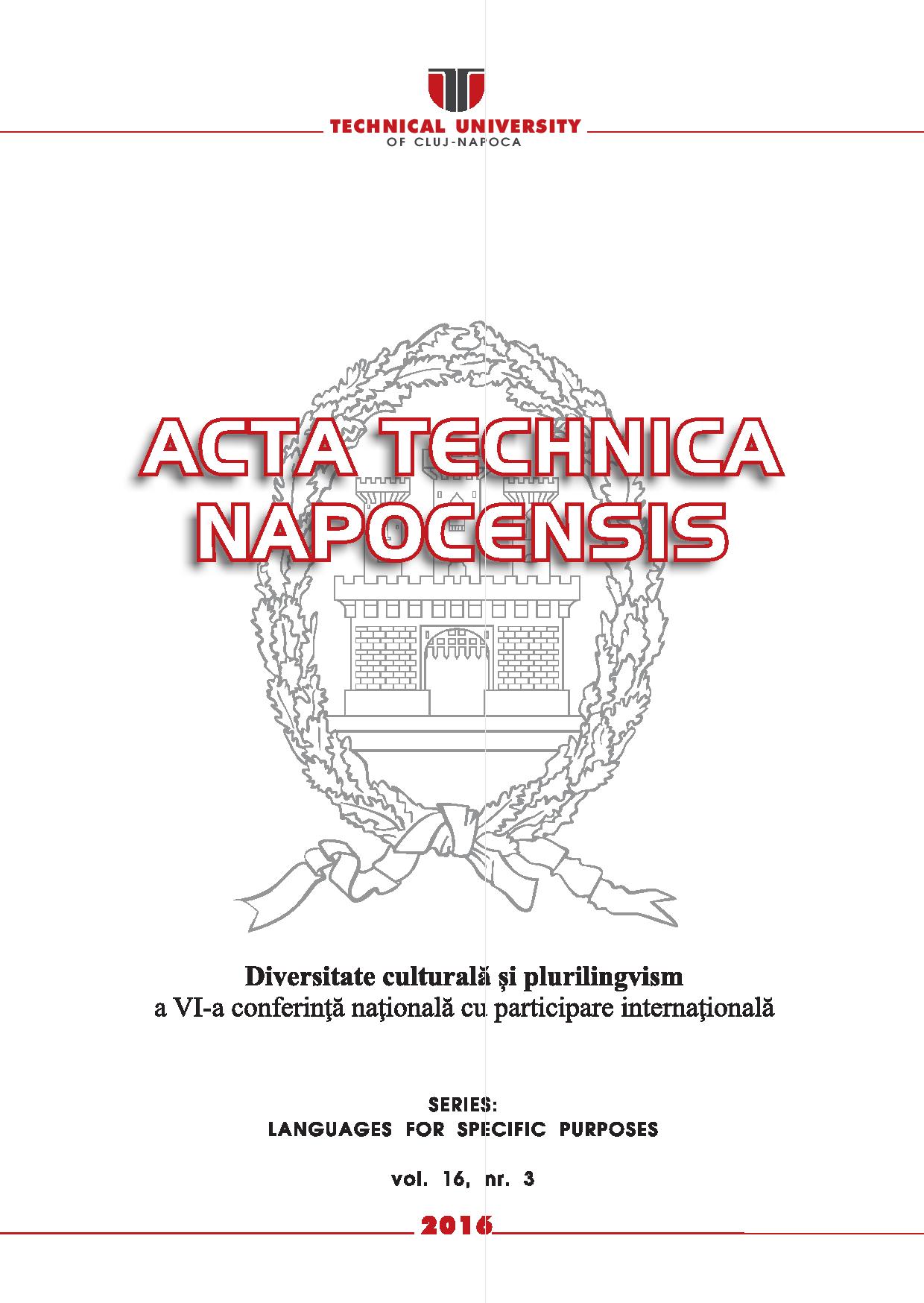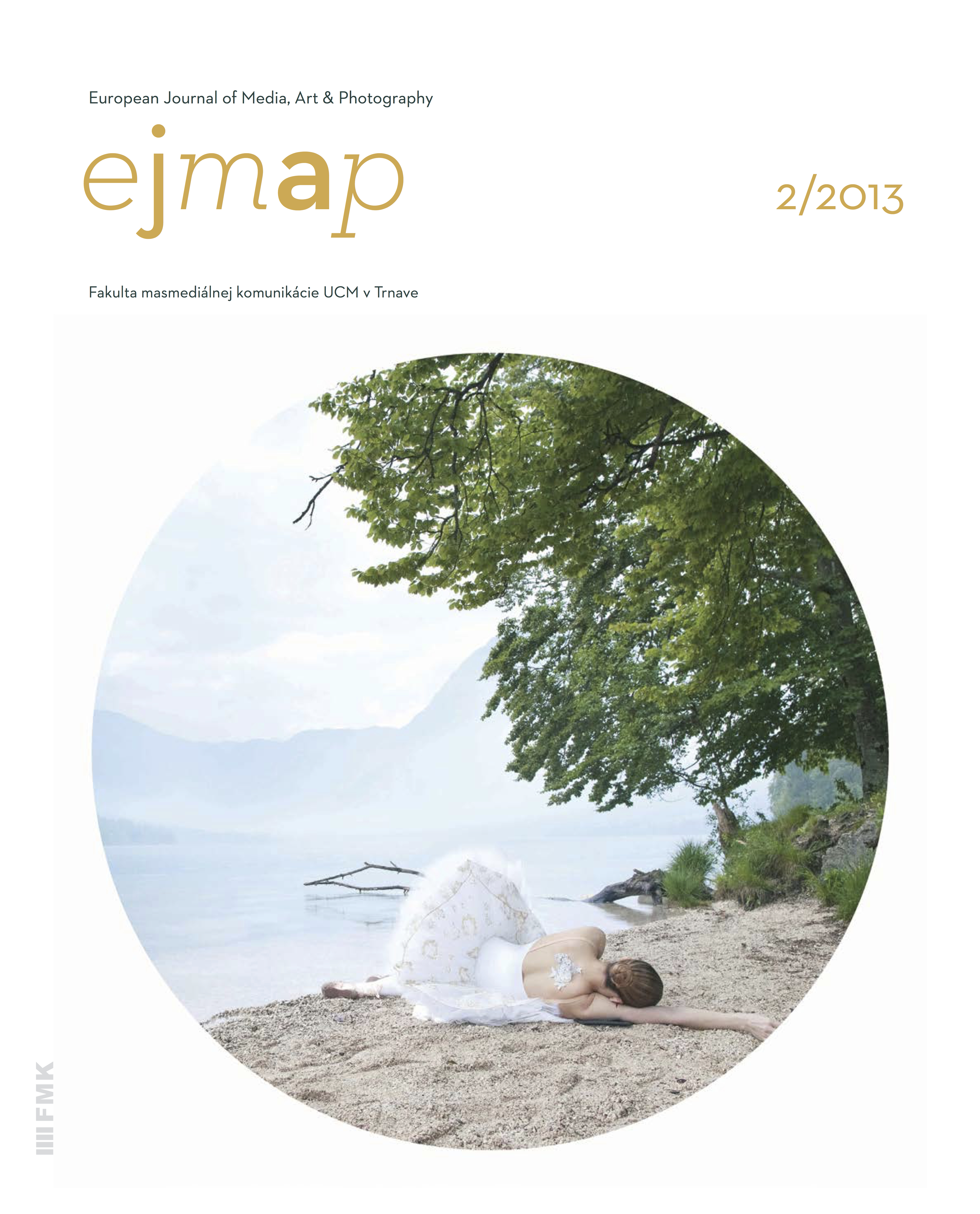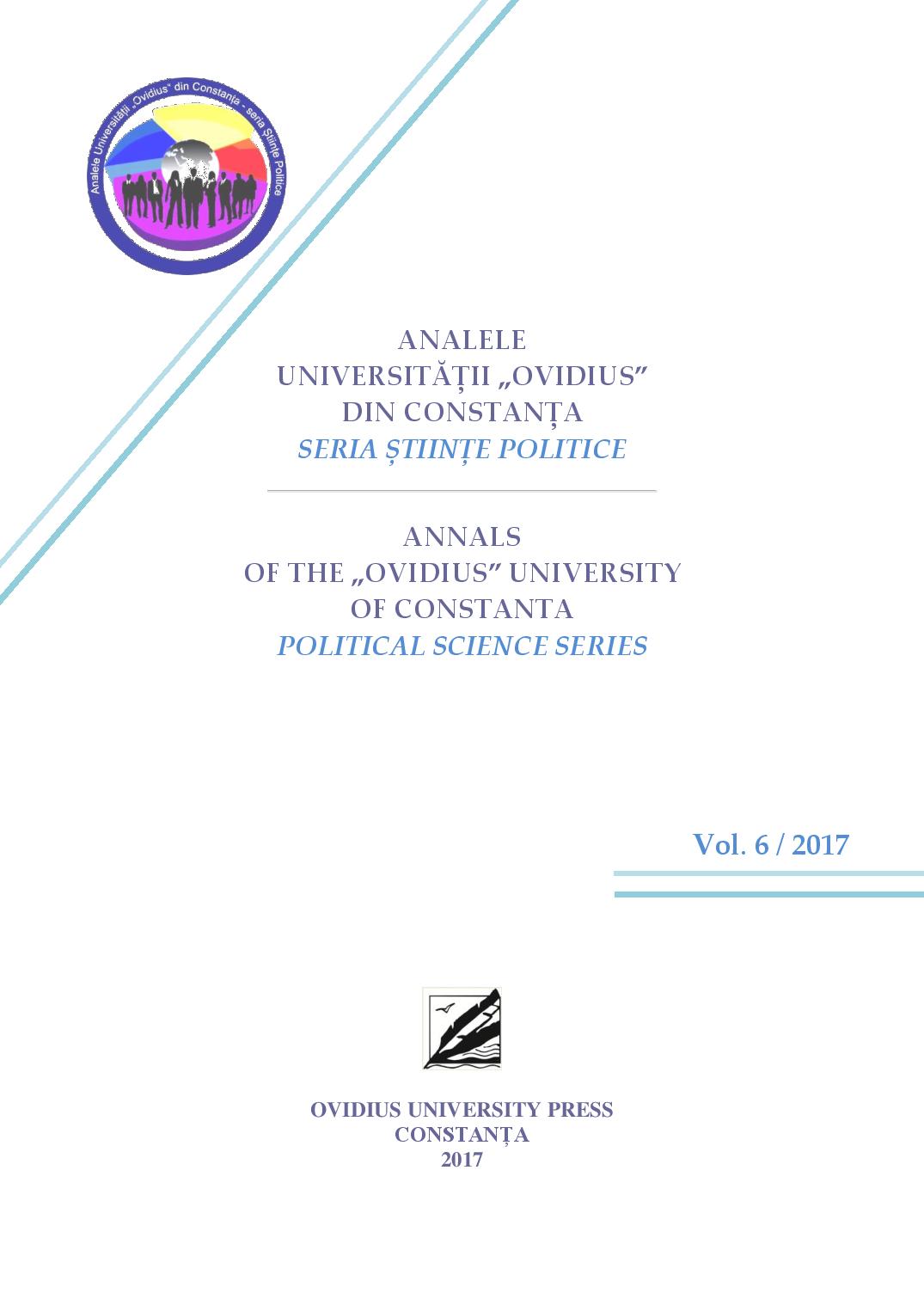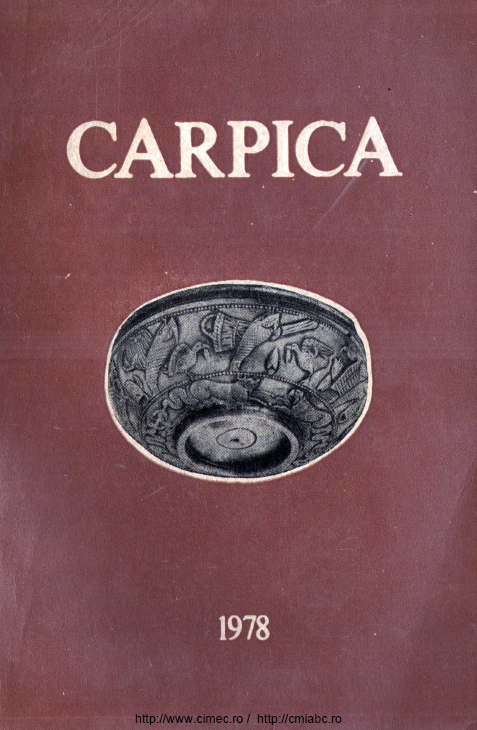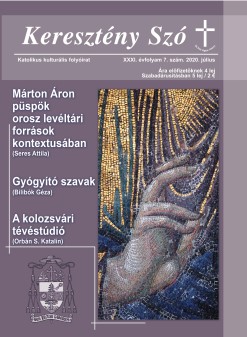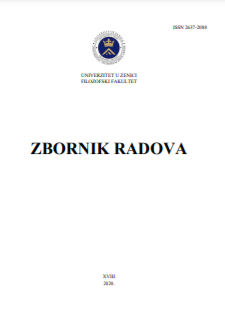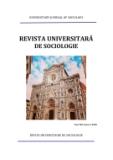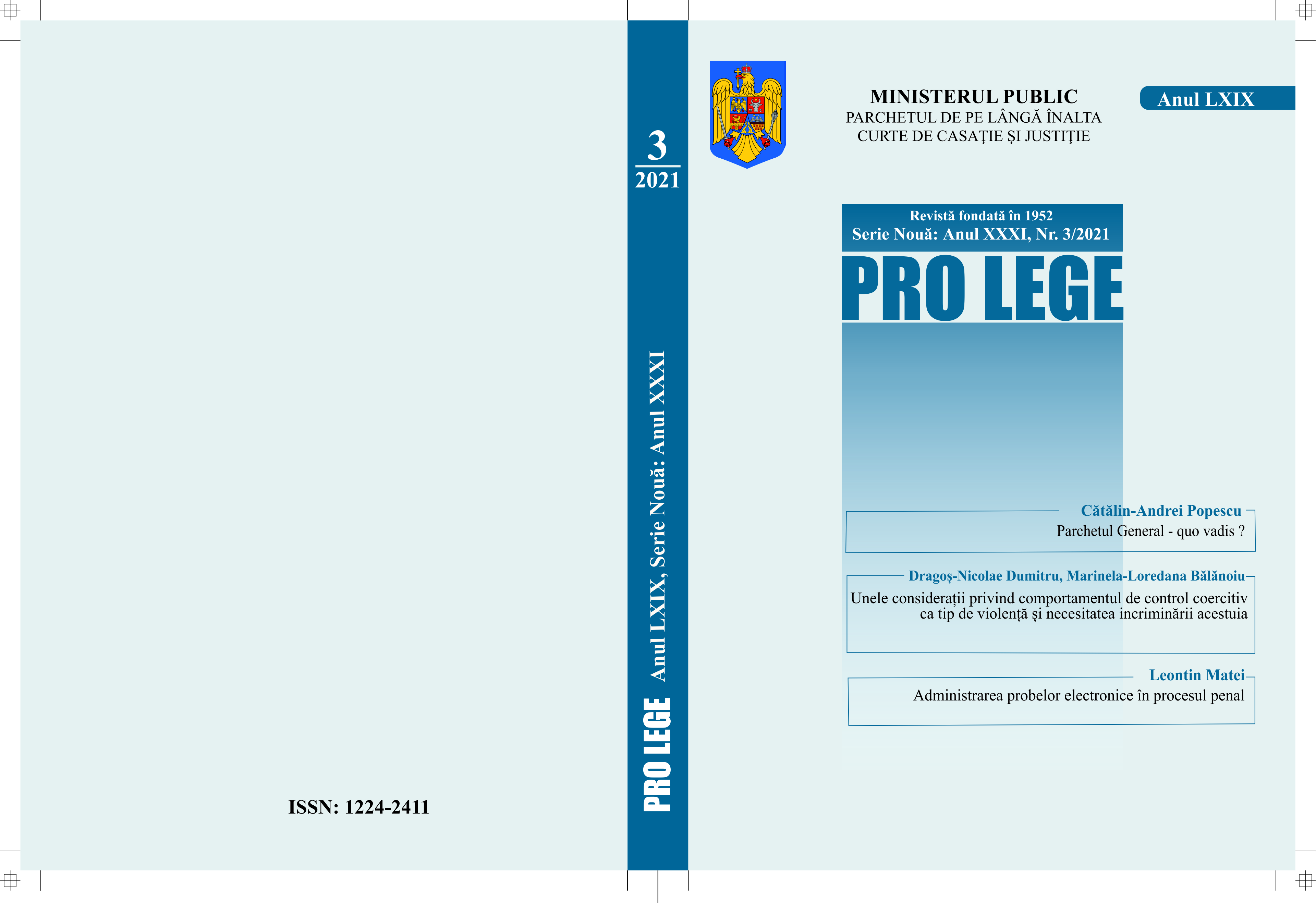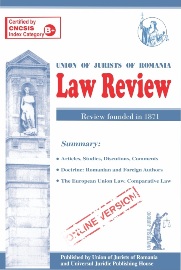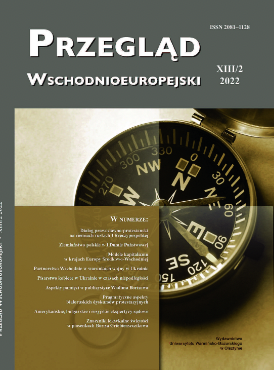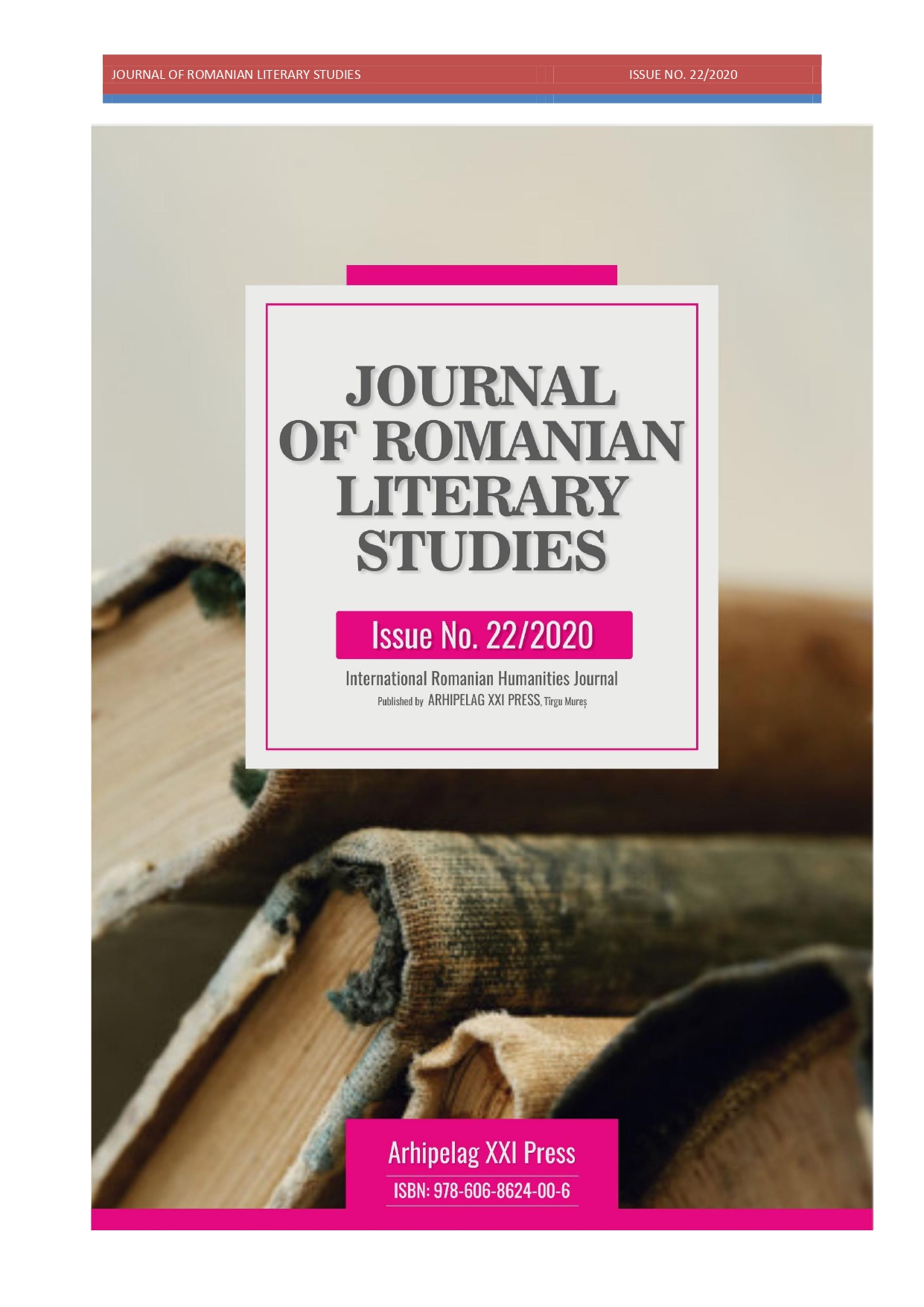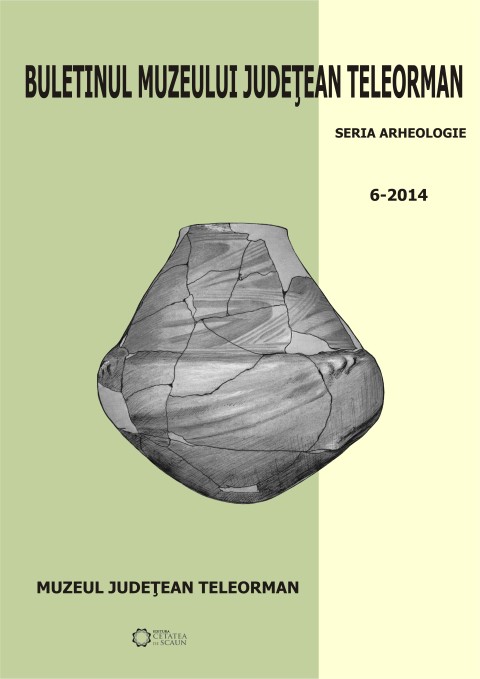
SOME REMARKS ABOUT BATTLE AXES FROM COLLECTIONS OF HISTORY AND ARCHAEOLOGY MUSEUM OF PRHAOVA COUNTY
OBSERVAȚII ASUPRA UNOR TOPOARE DE LUPTĂ DIN COLECȚIILE MUZEULUI JUDEȚEAN DE ISTORIE ȘI ARHEOLOGIE PRAHOVA
Keywords: battle axes; weaponry; IX-X centuries; Lower Danube
This article presents two iron battle axes found at Ploieşti and the Budureasca Valley, now in the collections of the Prahova County Museum of History and Archaeology. This type of artifact is a frequent presence in VIII-X centuries AD sites in the Carpathians and the Danube area. Most of them are fortuitous finds or from weaponry inventory deposits. In the context of the epoch, being poor in finds of weaponry and military equipment, the two battle axes from Ploieşti and Budureasca offer a wealth of information to an often unclear and complex reality. In this area, at present only 29 battle axes are known: 12 are fortuitous finds, 3 from inventory graves and 14 as part of tools and weapons deposits.
More...
